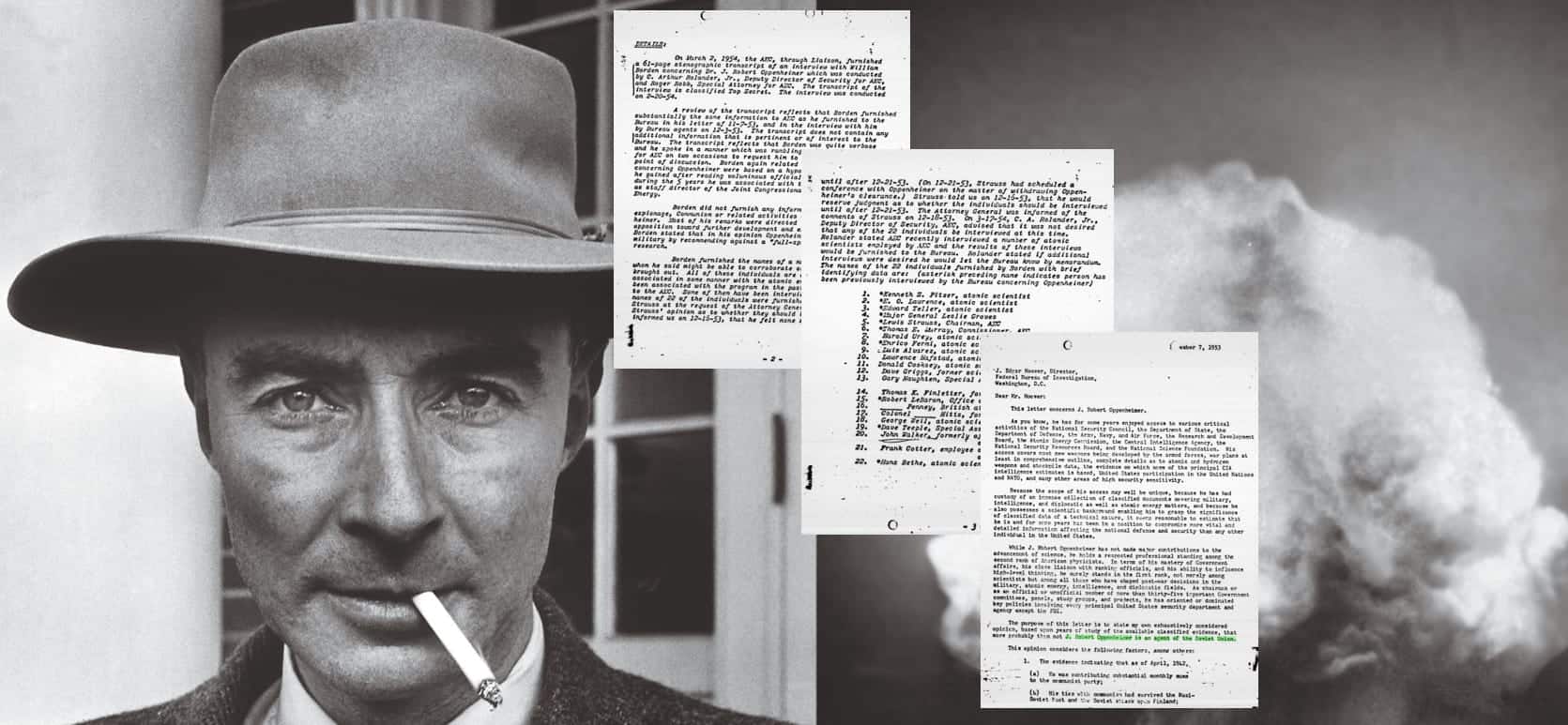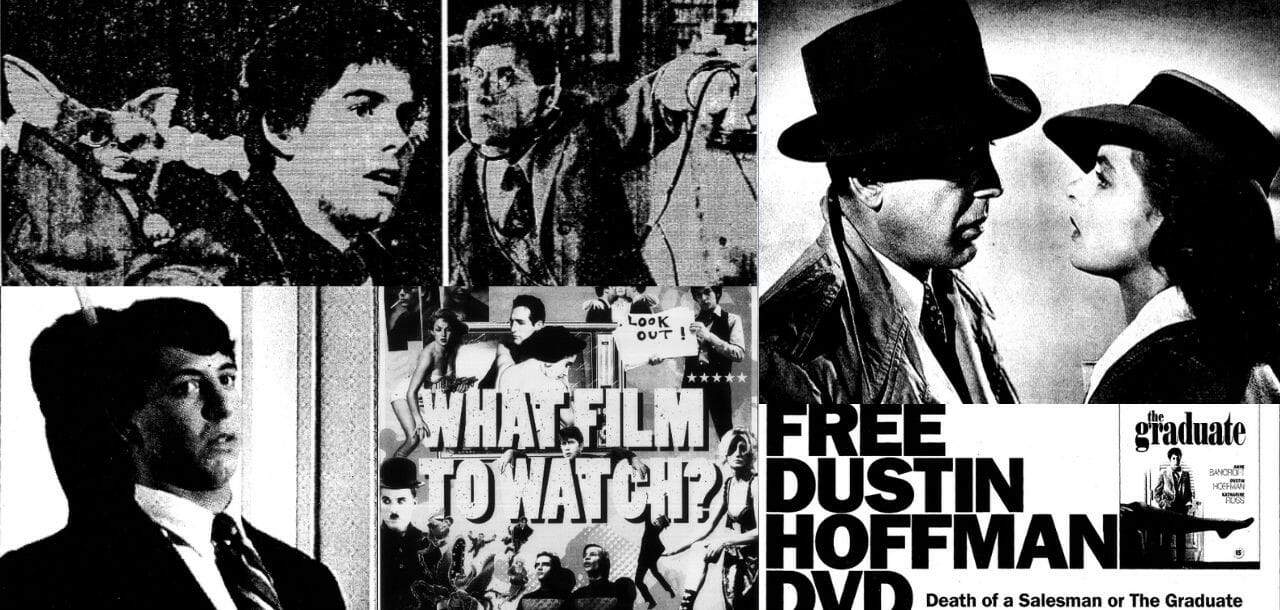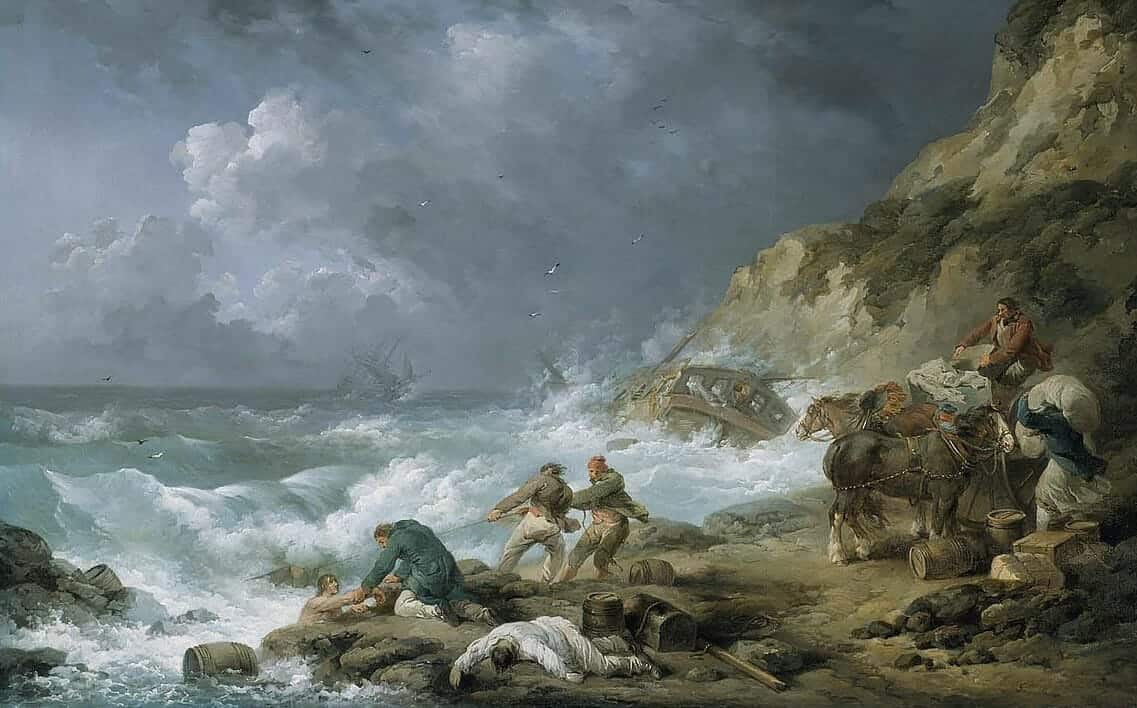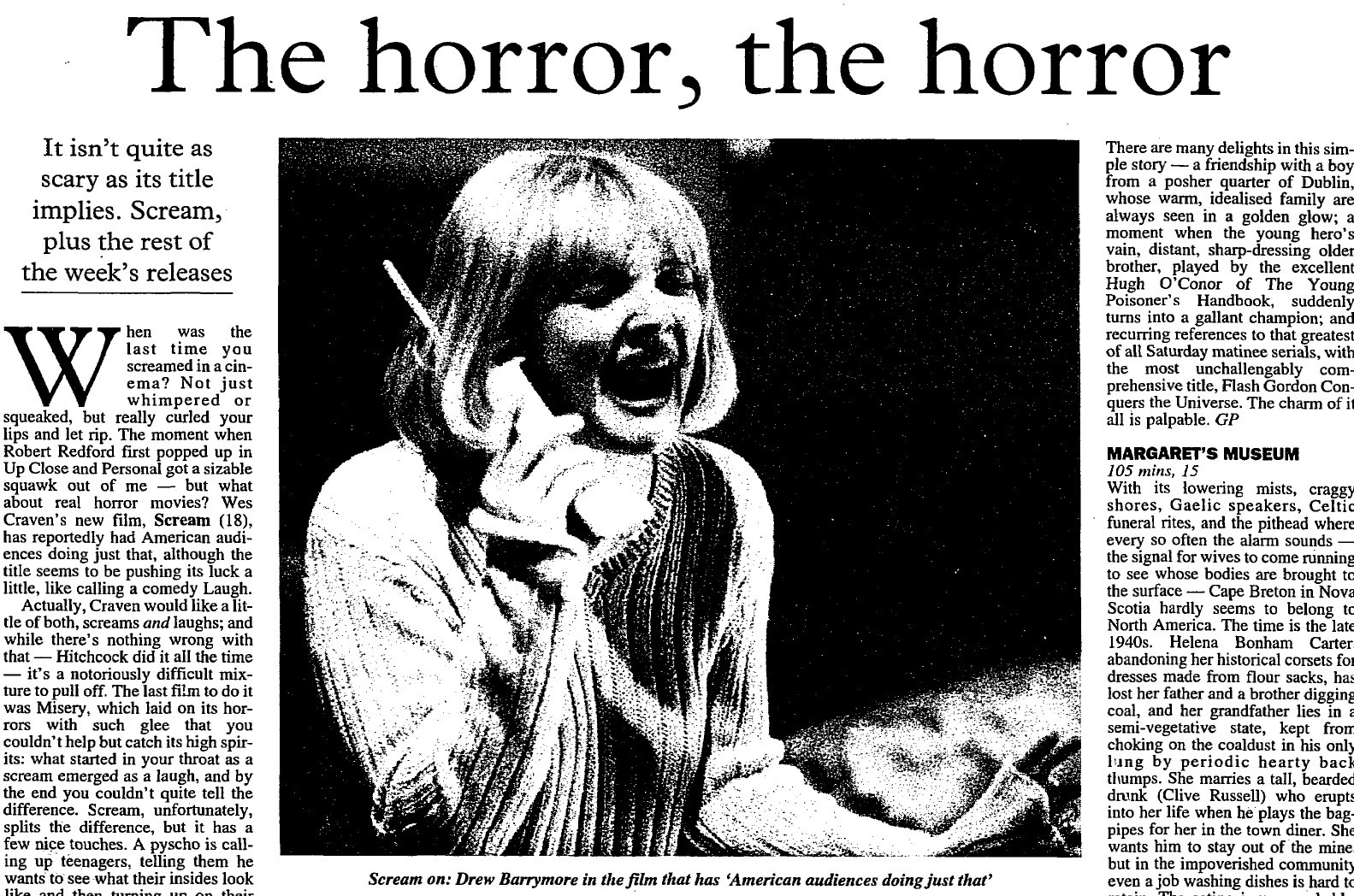│By Nicolas Turner, Gale Ambassador at Leiden University│
The release this year of Christopher Nolan’s Oppenheimer biopic has focused attention on the ‘Red Scare’ of the early 1950s in the United States, a period of history filled with all the ingredients of a thriller: double agents, secret recordings, and dramatic revelations. As Nolan’s film reminds us, however, there was also a very real human cost to the persecutions, with – in the words of the historian Ellen Schrecker – an impact on “the lives of thousands of people”.1
I have always been fascinated by this McCarthyite moment, in which the tide of history seemed to suddenly go out, leaving people stranded with beliefs that had previously been acceptable but were now framed as treasonous or worse. I was therefore thrilled to discover in Gale’s Political Extremism and Radicalism archive a treasure trove of documents that offered direct access to the experiences of those living through that dramatic moment – including, most tantalisingly of all, J. Robert Oppenheimer himself.





